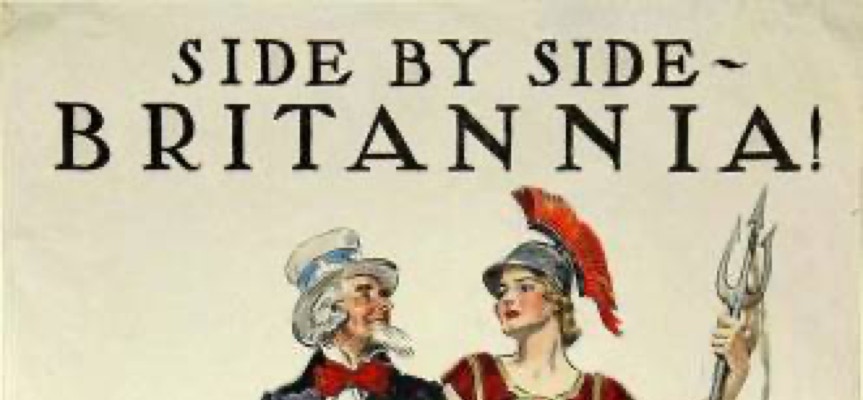
WHERE IT APPEARED
In the short story:
The Canterville Ghost, 1887
[Describing Mrs Otis]
Indeed, in many respects, she was quite English, and was an excellent example of the fact that we have really everything in common with America nowadays, except, of course, language.
The Court and Society Review in two parts Vol. IV, No. 138, February 23, 1887, pp. 183--186 [Mason, 12]. Vol. IV, No. 139, March 2, 1887, pp. 207--211 [Mason, 13]
Mason, 12, 13
Bibliography of Oscar Wilde
by Stuart Mason, 1914
LONDON | T. WERNER LAURIE LTD.
IN CONTEXT—A GENEALOGY OF ATTRIBUTION
This is a chronology of attribution in print and makes no claim as to the origin of the thought beyond what appears self-evident.
1887 OSCAR WILDE
The Canterville Ghost (see above).
1942 GEORGE BERNARD SHAW (attributed)
Readers Digest, (November 1942): "England and America are two countries separated by the same language." [unsourced]
Repeated in Treasury of Humorous Quotations (Esar & Bentley), 1954. [also unsourced]
Repeated in The Oxford Dictionary of Quotations, 1999 p.521, under the heading Misquotations :
1944 BERTRAND RUSSELL
Saturday Evening Post, (3 June 1944): "It is a misfortune for Anglo-American friendship that the two countries are supposed to have a common language".
1954 DYLAN THOMAS
Quite Early One Morning, (1954)
A collection of essays and stories. In A Visit To America, p.146, European writers and scholars in America were, he said : "up against the barrier of a common language".
Repeated in a radio talk prepared shortly before his death and published after it in The Listener, (April 1954).
1987 WINSTON CHURCHILL (falsely attributed)
The Times, 26 January 1987; The European, 22 November 1991 : "Winston Churchill said our two countries were divided by a common language."
Acknowledgement
Special thanks to Nigel Rees, host of the BBC Radio quiz program "Quote ... Unquote", for use of his original research that forms a major part of the above chronology.
